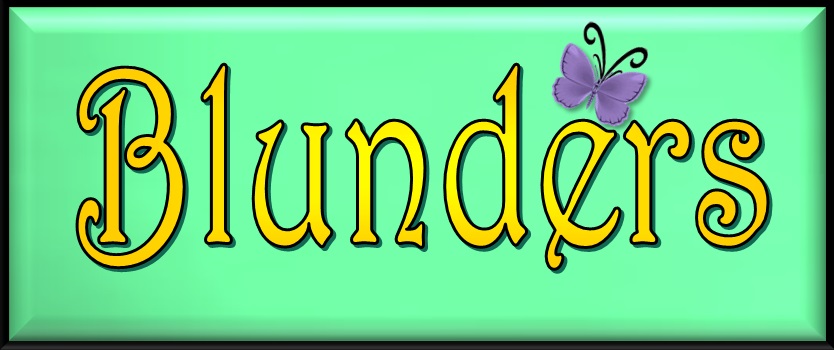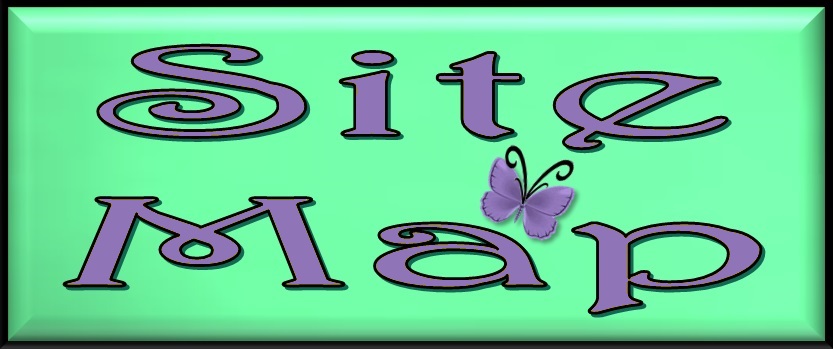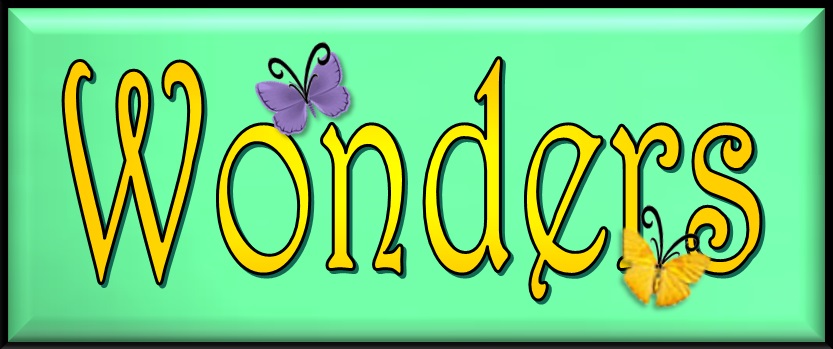Micaiah the Mighty
Pastors and teachers get irritated when someone slanders them, and that is understandable. But do they consider that sometimes they slander people who stand head and shoulders above them in the Kingdom of God? I refer to the saints whom God has seen fit to record in the Bible.
When teaching on various Biblical characters, some ministers seem to think that they are very clever and will be seen as insightful if they trash them. I think that often it is a case of idolizing and imitating other ministers, accepting their opinions on these topics uncritically, repeating things that they have heard preached before because it helps them feel more secure in their ministry duties, but what they really need to do is get fresh manna instead of serving that wormy, old stuff that was not all that good to begin with.
If Bible teachers target legitimate flaws in saints of old, I don't have an issue with it. God recorded their mistakes, so that we could learn from them. But often minsters don't seem to consider dire events that were happening at the time, nor reflect that, in the same circumstances, they might do far worse.
Sometimes, it isn't a matter of not having understood the circumstances, but simply a case of not having understood the story, such as in the case of Micaiah the prophet when King Jehoshaphat of Judah asked the king of Israel if there was not a prophet of the Lord from whom they could ask advice. The king replied that there was, and he hated him because Micaiah always prophesied evil to him.
This is easy enough to understand, but when the prophet is called in and he tells the king of Israel to go ahead and do what he wants to do, I've seen more than one pastor puff up and scornfully condemn the prophet's cowardice and dishonesty. Hello? Didn't the king of Israel say that Micaiah always told him stuff that he didn't want to hear? In their simplicity, the pastors took Micaiah's words at face value.
The king of Israel's response makes it obvious that Micaiah spoke sarcastically. Far from being a coward, he was not intimidated by that wicked king. He was not afraid to show that he did not think that the king of Israel had earned his respect, though, of course, he did not demonstrate his contempt in a childish way.
I can see Micaiah standing before the king among that throng of butt-kissing, false prophets who were jealous of his holiness, his true gift of prophecy, and his boldness, and they were grinding their teeth at having to be quiet while he spoke. They were anxious to condemn him as soon as he delivered his message because they knew he was going to say something that would expose them as sycophants and liars.
Armed guards were present in abundance, as well. Micaiah was coached beforehand by a man holding a weapon about what all the other prophets had said and was ordered to speak the same thing. Micaiah told the man point blank that he would say only what the Lord told him to say.
Pay attention, you Bible teachers. He said that he would say only what the Lord told him to say. Do you really think that he changed his mind? When he stood before the king, he possibly rolled his eyes and said with a sneer, or perhaps a tone of insolent jocularity, "Oh, sure. Go ahead and attack. God will give you the victory." Or maybe he said it in with a bland look on his face and such a flat tone of voice that the king was sure to know that he did not mean it. I think that this is the most likely.
What was the king's reaction? His reaction is a very strong indication that Micaiah spoke to him in a manner that was not intended to be believed. Freaking out because he got the same kind of cheek from Micaiah every time he asked him for God's message, the king reminds him that he just wants a straight answer.
And he got it. Micaiah tells the king that he has pushed far enough and God has run out of patience with him. He is going to die in this battle, and Israel is going to be scattered because they have no shepherd, but God will let them go back to their homes in peace, instead of being taken as prisoners of war. For his honesty and bravery and loyalty to God, Micaiah ended up getting tossed into prison, but he doesn't go out with a whimper, like he might have if those pastors were right who thought he was a coward. He went out with a shout, urging the people to listen to him.
We need to give Micaiah the respect that is due to him. God did not leave us a long record of this prophet, but that doesn't mean that he was a "minor" prophet, or that any of the other so–called Minor Prophets were minor. They all were heroes of the faith who bravely stood up to tyrants and throngs of wicked people who didn't like what they had to say. You pastors who think you are so clever because you criticized this man, which of you have stood before an evil ruler of a country and have told him or her something that they didn't want to hear?
If I sound irked, it is because I am irked. Micaiah is someone I want to be close friends with when I get to Heaven, and it upsets me when people are unjustly vilified, particularly when it is so obvious that they have a lot more wisdom and character than the people who criticize them. These are real people that the Bible tells about; not characters in a fable.
Your word have I hid in my heart, that I might not sin against you.
[Psalm 119:11]



































 Return to the
Return to the